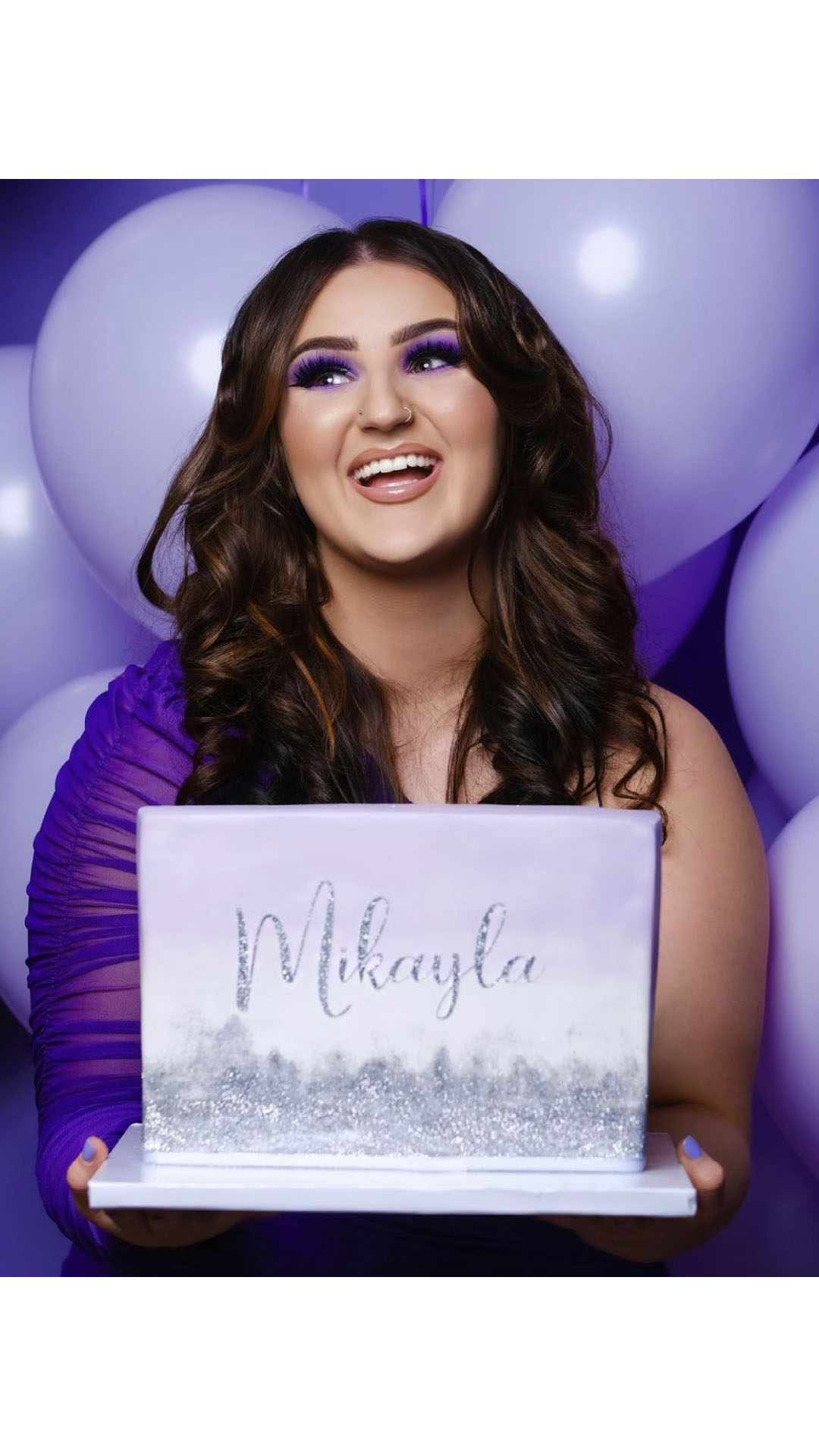
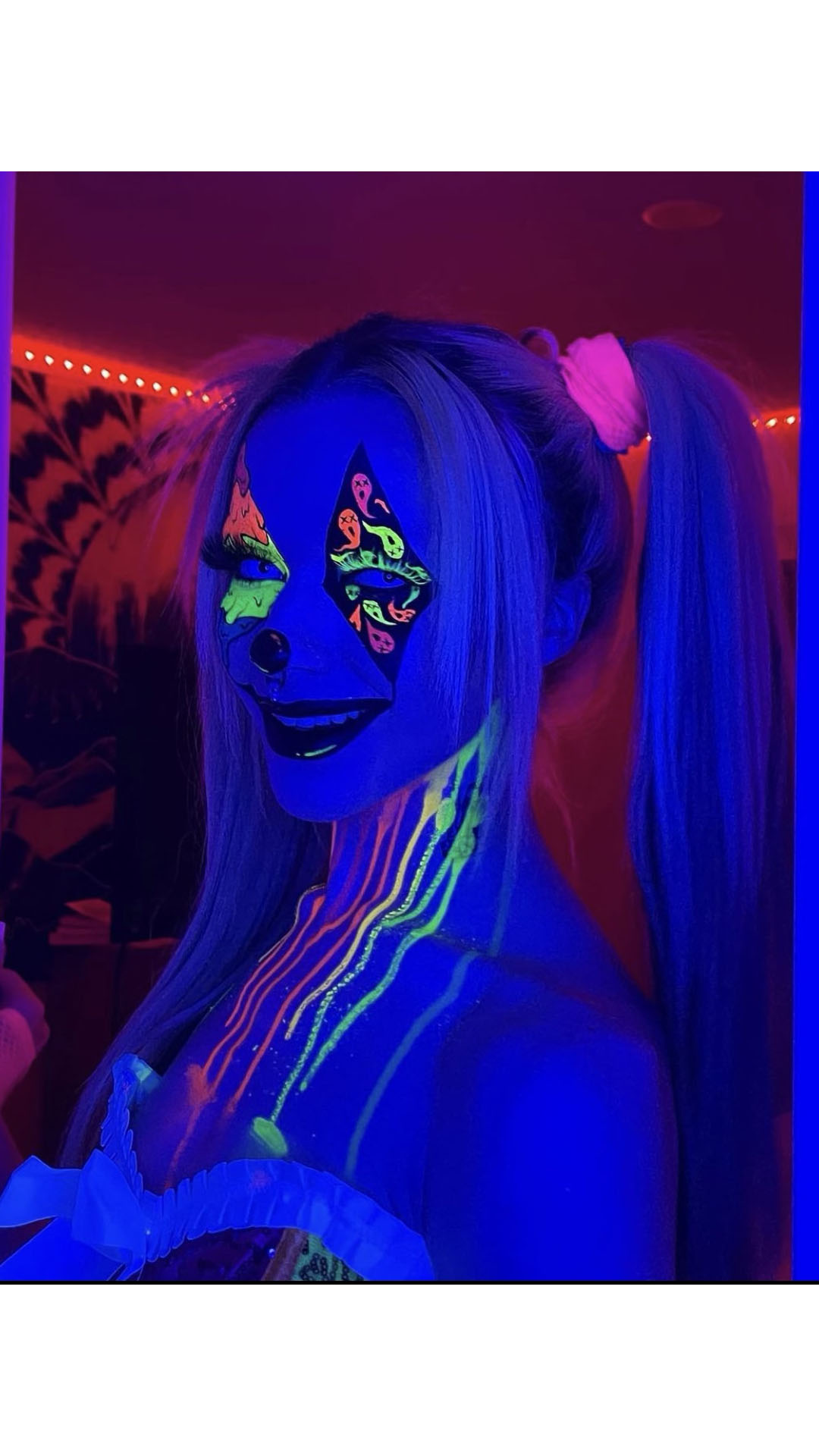
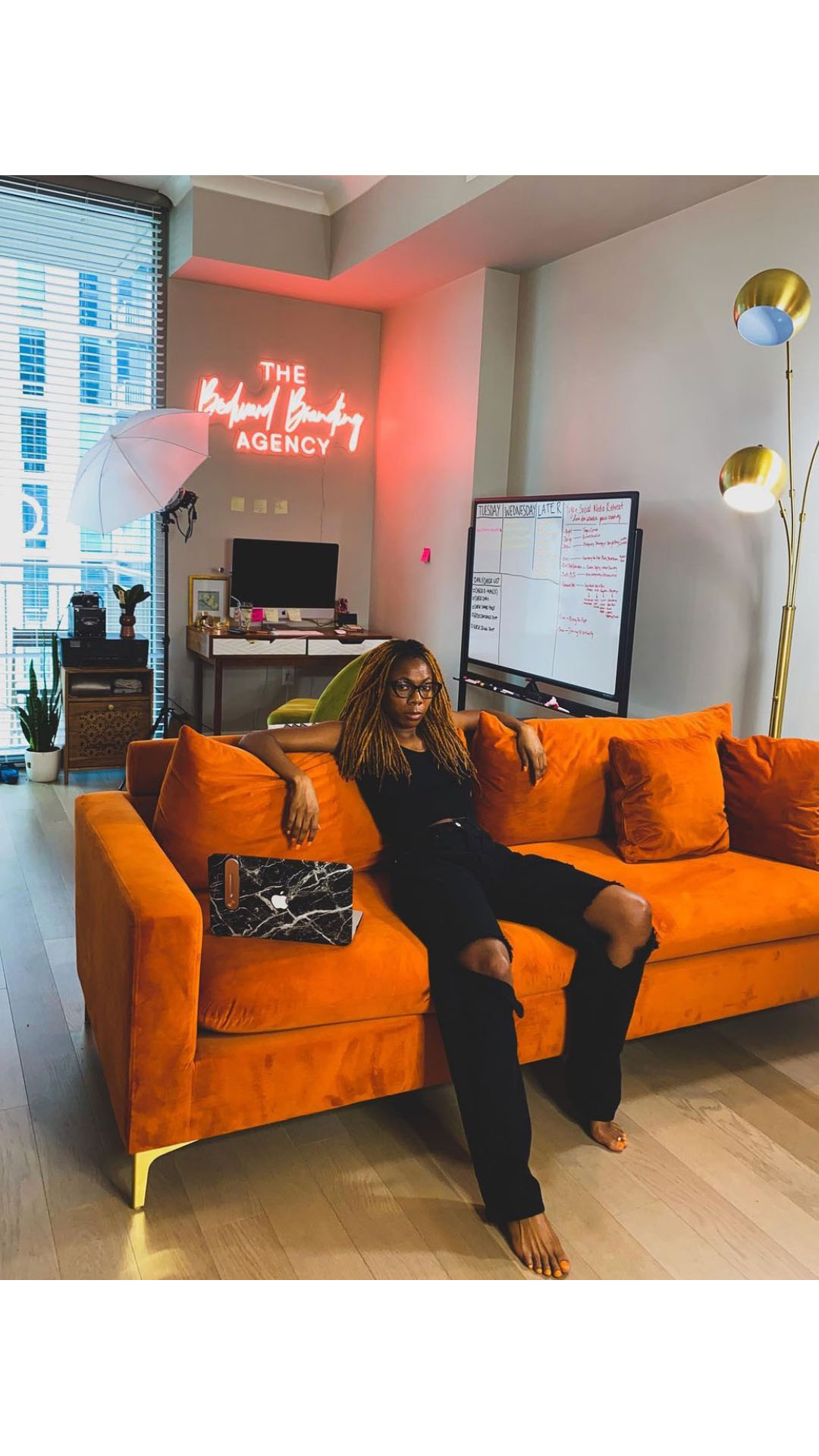

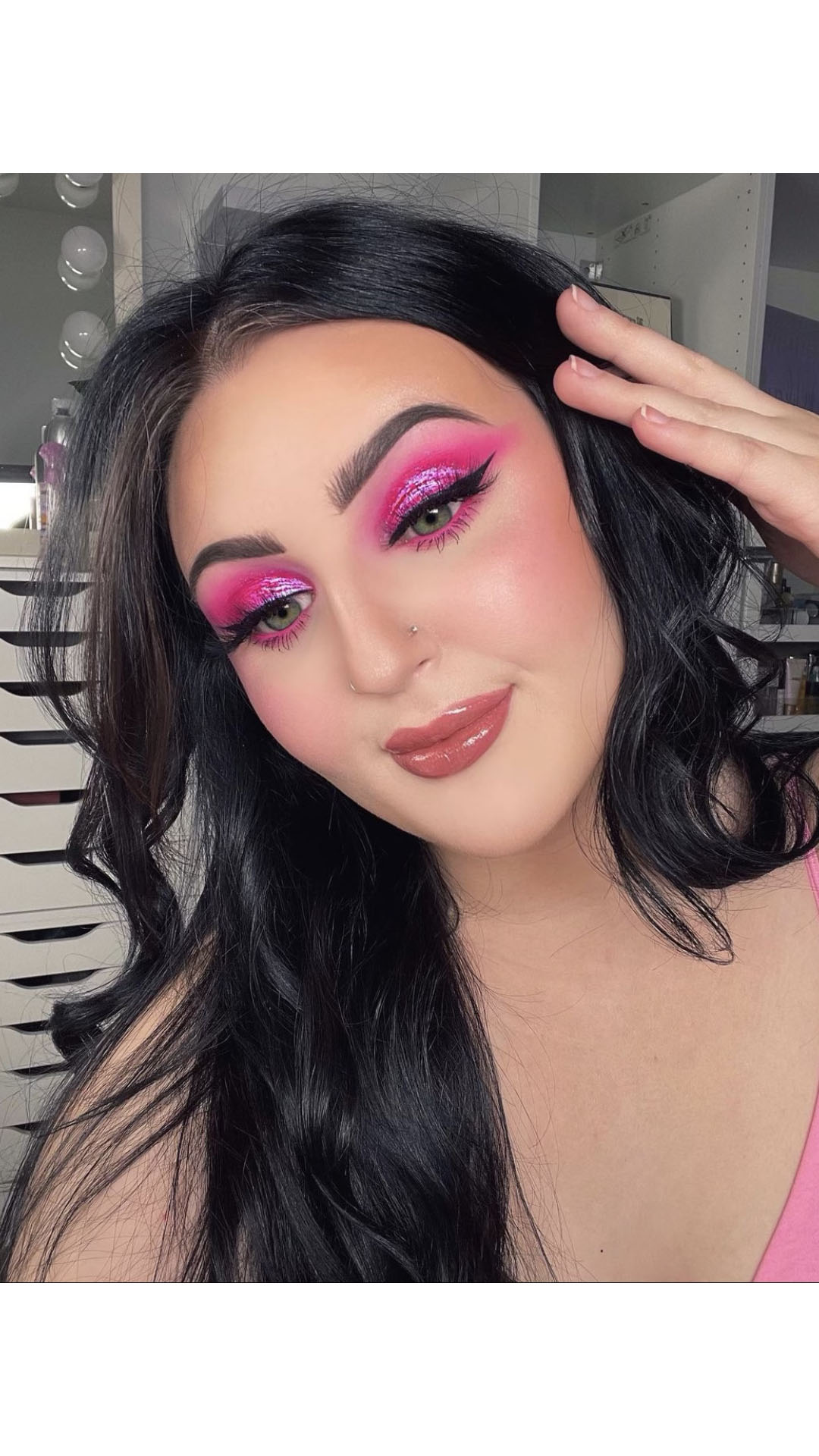





By Keira Wingate and Angela Palumbo
Photo: Mikayla Niguera, makeup artist and influencer
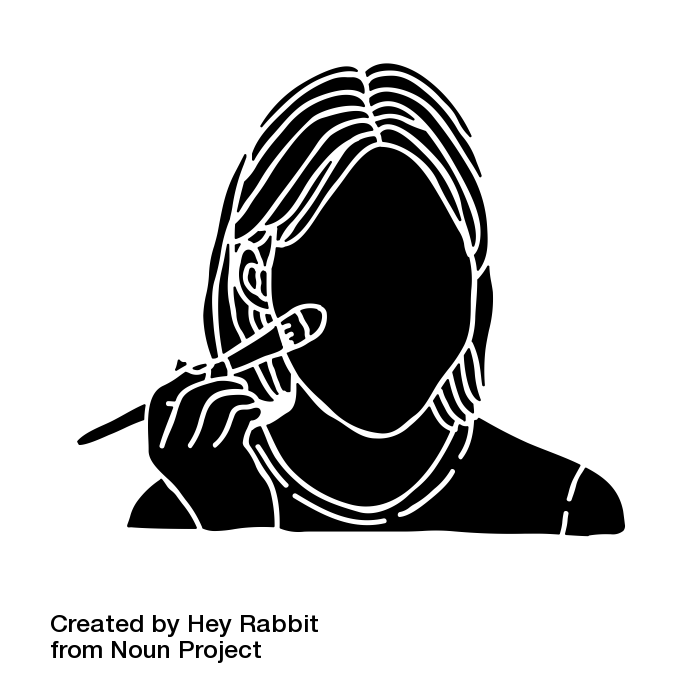
Now, Nogueira is one of the biggest beauty influencers on the social media app, TikTok, with over 9.5 million followers.
“Sometimes I still feel like I'm in this dream, which I really am because from that eight-year-old girl who was in awe of these special effects makeup artists at this haunted house to now, I literally manifested this dream for the last decade and now I'm literally sitting in that dream,” she said.
Nogueira is just one of many influencers who saw the opportunity social media apps like TikTok and Instagram can have for their career and the beauty industry. Videos of her doing impressive and colorful makeup looks have caught the attention of millions, which in turn, caused items to sell out both online and in stores – something she says started during the pandemic.
“I think TikTok makes a massive impact on people,” Nogueira said. “When makeup started to become a big hit on TikTok in spring 2020, when the pandemic hit, people started to see makeup artists on the app and started to feel inspired again and that's when products started going viral.”
Now, Nogueira’s full-time job is TikTok, where she has surpassed six figures and in June 2021 she launched her first makeup collection with Glamlite Cosmetics. This social media star and make-up artist's career has skyrocketed – along with the beauty industry as a whole – during the pandemic.
The growth of TikTok and the beauty industry are now linked. Both beauty influencers and social media managers saw massive growth in their own income in the last two years due to the changes the pandemic caused in the industry.
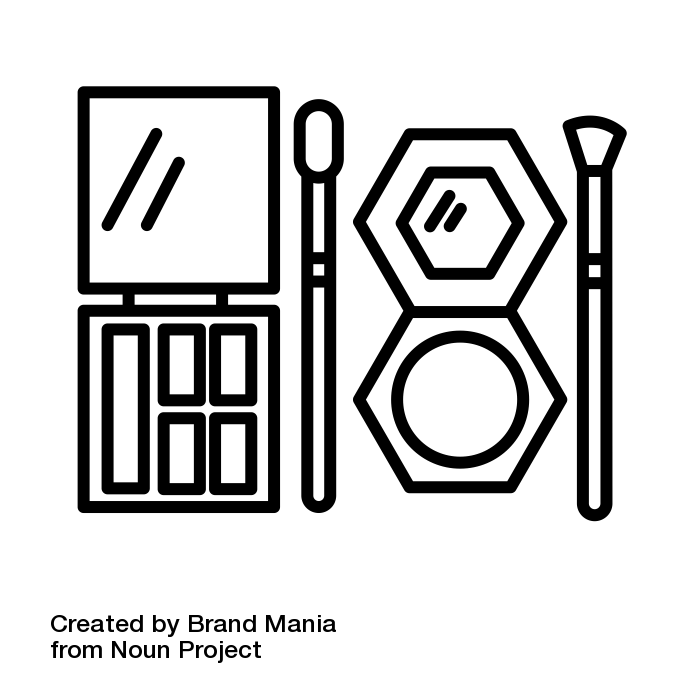
Thanks to the ability to reach millions of people with similar interests in makeup with the tap of a finger, the beauty industry has taken advantage and exploded in popularity in the last two years, with sales increasing from TikTok.
Photo: Jordyn Shea, makeup artist and influencer
When the pandemic struck in spring 2020, the ideal way to stay connected with the world was through social media, with 90% of U.S. adults saying the internet has been essential or important for them during the pandemic, according to Pew research. But out of all the social media apps, TikTok had the largest growth and impact on people everywhere.
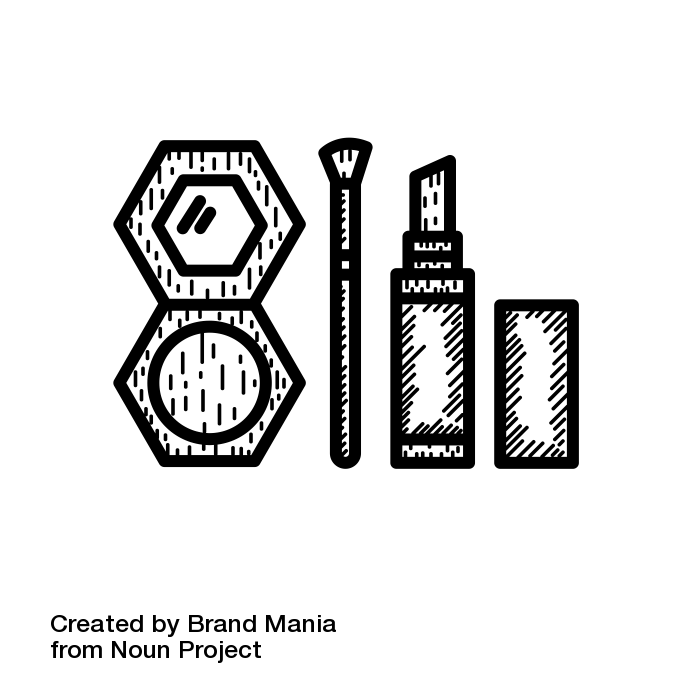
These massive numbers come as no surprise to makeup influencers who saw the beauty industry transform since the start of the pandemic. Jordyn Shea is another TikTok influencer who saw massive growth on the app during the pandemic. The Glendale, Ariz. based influencer started using TikTok just prior to the pandemic. She specializes in special effect makeup looks.
In the first six months of her using TikTok, her account hit one million followers. She now has over 2.5 million. With her following being primarily fans of makeup, Shea has worked alongside beauty companies to promote their products for income.
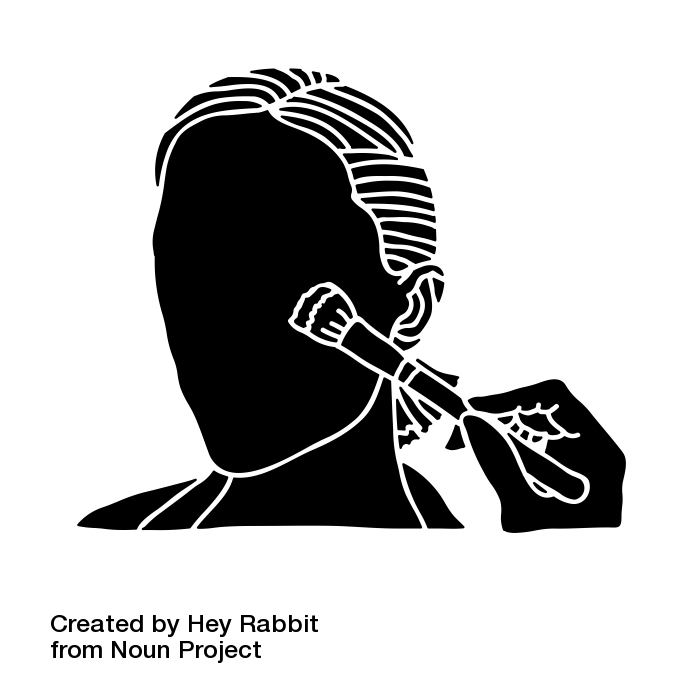
This strategy for companies, also known as making a brand deal with an influencer, is one way large beauty businesses have utilized influencer marketing. Shea is one of many makeup influencers asked by brands to advertise their products to her large following in an attempt to reach the companies target audience.
According to Shea, there are different types of advertisements influencers are asked to do by beauty companies.
“Companies will reach out and send products before those products are released, and they have you create content solely for their postings for when they announce the product,” she said.
Other than the growth this kind of advertising has shown beauty companies, one benefit of influencer marketing for companies is the ability to track the success of each content creator's post of the product they are promoting.
A referral code is a discount code given to individual influencers to add to the caption of their content. This code can be used for a certain amount of time by anyone who sees it for a discount on the company's website. A company has the ability to track the amount of, and kind of referral codes that are used to track how successful this type of marketing is.
Michael Archambault from Glen Cove, N.Y. is a senior staff writer at Reviews.org and a social media marketing expert. According to Archambault, companies are benefited by working with TikTok influencers to advertise their products in this way.
“Those referral codes, in addition to giving an incentive or discount that the consumer will feel is exclusive to them, really allows tracking to see how many people are getting a product from that influencer,” Archambault said.
Prior to 2020, growth in online purchasing was already occurring. However, the COVID-19 pandemic greatly accelerated it. Overall, the online channel for beauty in the U.S. grew by 5.6% in 2020, whereas the offline channel contracted by 1.2%, according to Statista. With an annual growth rate of 4.75%, total revenue is expected to top $716 billion by 2025.
According to research done by Common Thread Collective, an ecommerce growth partner, social media apps like TikTok have been a huge advantage to companies that want to advertise beauty products.
“The advantage cosmetic brands have compared to other industries is that influencers can showcase results in real-time,” Reilly Roberts said in the Common Thread Collective report. “What used to be walking through malls with associates applying makeup samples for free, is now replaced by bloggers doing live social media tutorials that demonstrate the results and what they like about it.”
One company that went viral on TikTok is The Ordinary, a skincare company known for its affordable prices. In an interview with POPSUGAR, the cofounder and CEO of Deciem Nicola Kilner said that The Ordinary AHA 30% + BHA 2% Peeling Solution experienced over a 200% yearly growth in sales after going viral on TikTok.
These continuous mentions on content creators' posts have benefited beauty companies across the board, and have helped them gain more traction and popularity outside of the TikTok.
Growth for influencers continues at a similar rate to beauty companies.
Photo: Yasmine Bedward, social media manager
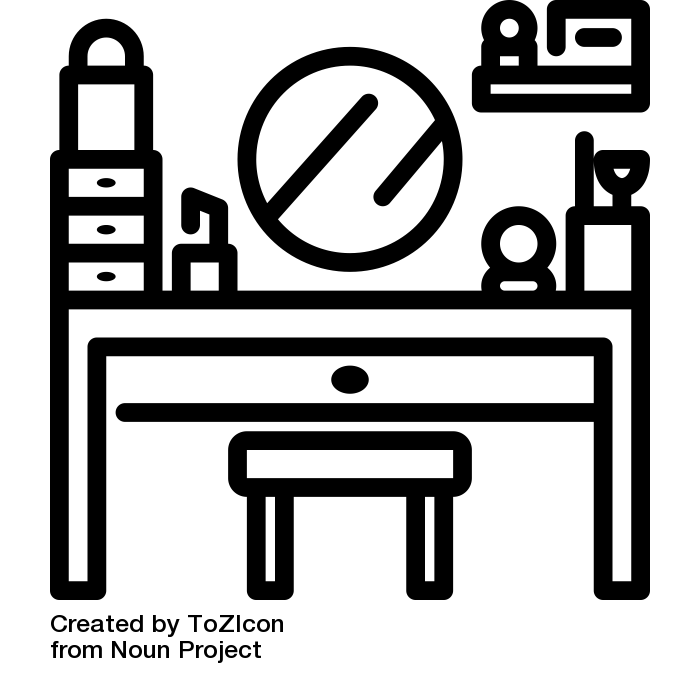
Rocio Roses is a social media influencer from Washington who grew her account from the bottom up and now uses TikTok as her main source of income to support her family.
“It started off as a way to stay entertained, a way to have a creative outlet,” Roses said. “A way to just express myself – my real self – became my career.”
In order for Roses to make enough money to support herself, her husband and their child, she works directly with beauty brands to advertise their products on her page.
“The makeup industry, is a multi-billion dollar industry and with with products literally going viral within the span of 24 hours and being sold out within the span of 48 to 78 hours, these brands know that the value within you is there and they're willing to pay a lot of money to have their product be the next viral product on TikTok,” she said.
Roses will sign multiple contracts with several different beauty brands at a time and create content reviewing and advertising these products by posting them on TikTok.
One company she has a relationship with is L'Oreal Paris.
In February 2021, Roses posted a TikTok giving an honest review about the L’Oreal Infallible Freshwear powder foundation. The video received over 8 million views and soon after, the product was flying off the shelves. Months after that video went viral, Roses has over 1.2 million followers.
@rocio.roses 😦New viral makeup product😦 #makeuptok #makeup #beauty #lorealparis #makeuptiktok #notsponsored #makeupproduct #makeupreview ♬ original sound - elijah
“It wasn't until I did a video in my car, with the L'Oreal Infallible fresh wear foundation and a powder that truly, truly set off my career,” she said.
A video that goes as viral as this one can be incredibly beneficial to a beauty company. As of July 2021, L’Oreal is one of the top growing brands on TikTok, according to Statista.Other benefits for influencers include the ability to grow a large enough audience to create their own makeup line.
Nogueira is just one example of someone who was able to launch their own line simply out of their influencer success. The ability for a beauty company to create an entire line with a content creator shows how important this relationship is for both the brand and the influencer.Some influencers with less followers than Nogueira, Shea and Roses that don’t do brand deals can still benefit from the popularity of makeup on TikTok.
Lisette Calanni from Miami, Fla., started making makeup videos for TikTok in 2020 and now has over 39 thousand followers.
Even with a following smaller than some larger makeup TikTok creators, Calanni influences the kinds of beauty products that people buy through the videos she makes.
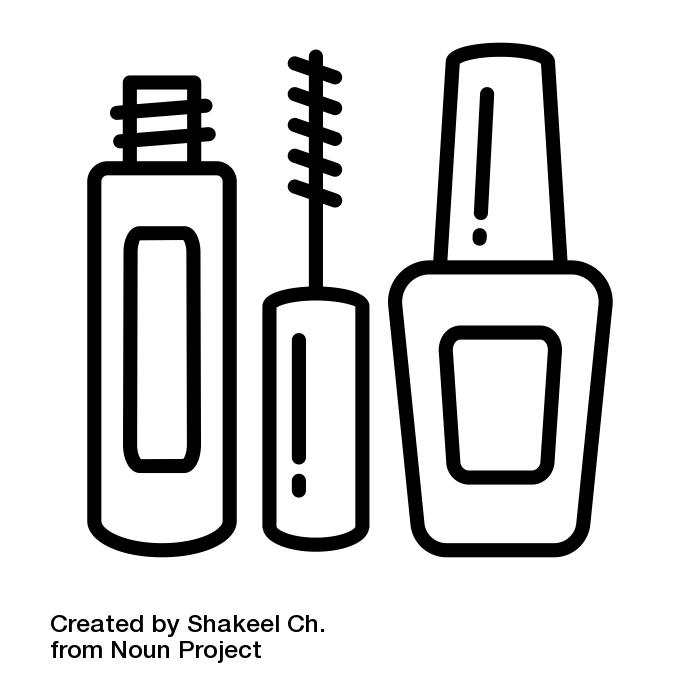
While Shea, for example, hasn’t brought in a cash cow as big as others, in about six months, she brought in over $10,000 just from views alone, which is called the creator fund. That does not include brand deals she’s done before.
The creator fund is available through TikTok to accounts with over 10,000 followers. Creators can apply through the app to receive payments on each of their videos, based on factors such as how many views a video gets.
The more followers a creator has, the more money they can make through the creator fund.
But to be successful on TikTok is challenging. Behind the face of some beauty influencers are social media managers. These are the people that bring the magic to a creators page and have reaped benefits of the new TikTok makeup boom too.
Yasmine Bedward, a social media manager based in Atlanta, Ga.,, has her own social media business and saw growth during the pandemic that blew up her services. The relationship between the audience and the platform has changed a lot, bringing in more clients than she has ever seen before.
Before the pandemic, Bedward had about six clients in total, and since the start of the pandemic and the uptick in social media influencers, she is now seeing six or more clients a week. Boward founded her company in 2018 and in her first year only brought in $1200. Since then, she says the company is now on its way in being a six figure a year business.
“That was everything to do with the pandemic, unfortunately,” she said. “Honestly, because everybody was on social media. And everybody was creating stuff, creating businesses, creating content and they needed help.”
Bedward says that out of all the social media platforms TikTok has had the fastest growth, saying “it’s insane how quickly someone can grow on TikTok.”
Shea added that the importance of having management is high and it “makes a big difference in your income when you are an influencer.”
But even with the upsides to this drastic boom, it’s not all glitter and shine.
Photo: Mikayla Niguera, makeup artist and influencer

“What happened during the pandemic is reality turned digital. Everyone was on their phones at all times and that led to a rise in content consumption as well,” said Maria Dennis, marketing strategist at Crowdfire, a social media management tool.
Archambault agrees and says that with the rise in social media consumption, users are changing the way they make purchases.
“It's definitely important to notice that consumers are getting smarter and even more adverse every day,” he said. “The best way is not always to advertise directly to your customers but it's actually to go through someone who you kind of look up to.” He added that, “if you're a brand you can't just keep putting out the same advertising style content. You almost need to create content that is fun and engaging without trying to sell a product.”
Even with a noticeable change in beauty products sold since the introduction of TikTok advertising, not all marketing experts are participating in this new trend.
According to a study done by Social Media Examiner, 68% of over 4,800 marketers surveyed do not plan on utilizing TikTok for marketing purposes. Platforms such as Instagram, Youtube and LinkedIn reign supreme, with over 55% of those surveyed interested in utilizing each of those platforms.
As of January 2021, TikTok ranked the sixth most popular social media platform used by marketers, according to an email survey conducted by Social Media Examiner. Only 9% of marketers surveyed use TikTok to promote their businesses.

Marketing on TikTok is also not the most lucrative way for creators to make money. Even though Shea is a beauty influencer, a majority of the income she makes is not from brand deals.
“I do benefit a lot from the creator fund,” she said. “I would say that is the main source of income for me.”
However, with influencer marketing being so popular, even creators who do not focus their content on makeup have started to work with beauty brands.
Kat Stickler, a TikTok influencer and social media personality, grew to stardom on the app for her comedic abilities, which in turn, led to makeup brands wanting to work with her. The single mother of one has over 8 million followers on TikTok and has used her platform to further the success of many brands.
Even though she isn’t known as a beauty influencer, her overall influence has given her the opportunity to work with brands like NARS, where she attended an L.A. event for the brand alongside Mikayla Nogueira and singer and actress Selena Gomez.
“I guess I just never felt that I was good enough to do makeup,” she said regarding her invitation to attend the event. “Those who were there have taken classes and have the skills that I am like ‘wow I don’t know how to do that.’ But then there's also that part of me that thinks anyone can wear makeup because it makes you feel pretty and nice so it was definitely not a mistake inviting me.”
With continued revenue growth and increased interest from marketers thanks to TikTok, the future looks bright for the beauty industry. The app itself is only four-years-old, showing there is plenty of room for further growth. If the growing platform continues to rise, beauty influencing will follow suit.